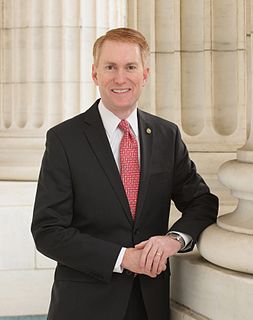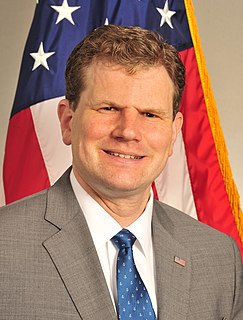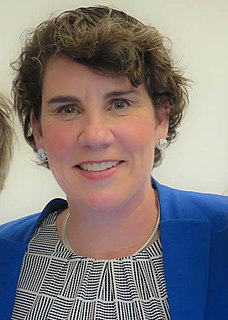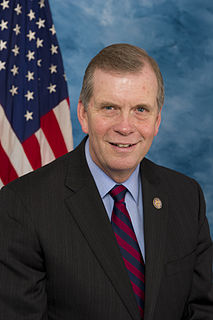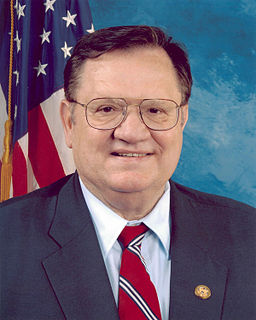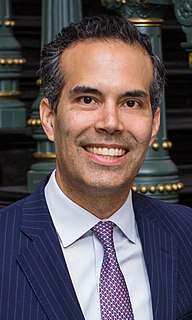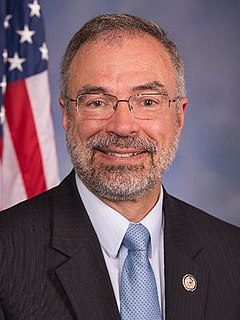Top 1200 Health Care Quotes & Sayings - Page 2
Explore popular Health Care quotes.
Last updated on November 8, 2024.
With health care, once you set yourself up as the source for people's health care, not insurance, you own them. That way you have total control over how they must live in order to qualify for health care. And that's what Marxists want. Marxists and leftists do not trust individuals. They have contempt individuals won't do the right thing, the right thing being defined by what Marxists want.
What the Affordable Care Act started was a change in the American health care system from paying for procedures to paying for outcomes, paying for health. Other nations have already made that move. We pay for procedures and we get the best procedures in the world and we get the most procedures in the world, and then we spend a huge chunk of our GDP on health care, but we don't have the best outcomes.
We are unique among advanced countries that we don't have universal health care. My hope was that I was able to get a hundred percent of people health care while I was president. We didn't quite achieve that, but we were able to get 20 million people health care who didn't have it before. And obviously some of the progress we made is now imperiled because there's still a significant debate taking place in the United States. For those 20 million people, their lives have been better.
In comparison to the U.S. health care system, the German system is clearly better, because the German health care system works for everyone who needs care, ... costs little money, and it's not a system about which you have to worry all the time. I think that for us the risk is that the private system undermines the solidarity principle. If that is fixed and we concentrate a little bit on better competition and more research, I think the German health care system is a nice third way between a for-profit system on the one hand and, let's say, a single-payer system on the other hand.
In business, you don't necessarily need heart, whereas here, in government, almost everything affects people. So if you're talking about health care - you have health care in business but you're trying to just negotiate a good price on health care, et cetera, et cetera. You're providing health. Here, everything, pretty much everything you do in government, involves heart, whereas in business, most things don't involve heart. In fact, in business you're actually better off without it.





